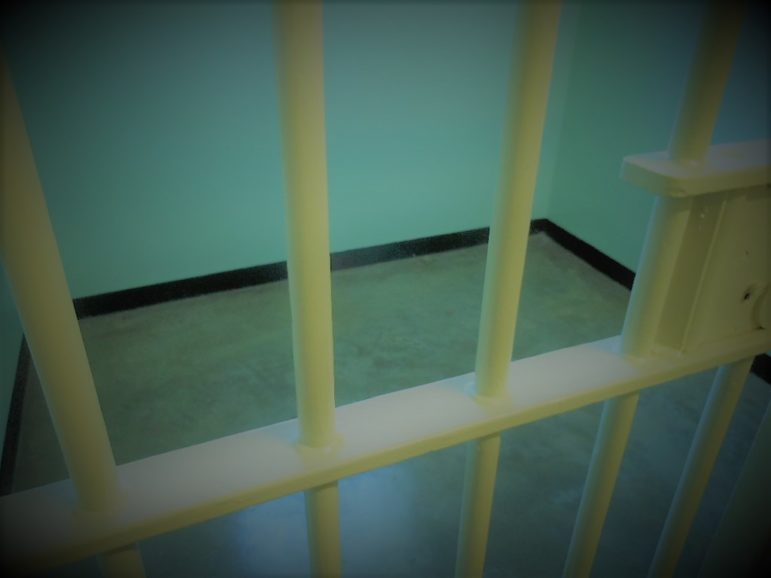
Pursuing higher education while incarcerated gave me the opportunity to change my life for the better and inspire others around me to do the same. Over the course of eight and a half years in prison, I completed 32 college credits and even assisted other women in their educational journeys as a certified peer mentor and teacher’s aide.
Unfortunately, most people do not have access to higher education while they are incarcerated.` This is largely attributed to the 1994 Omnibus Crime Bill, which barred students from receiving federal Pell Grants to help fund their education while incarcerated. As a result, there was a significant decrease in the number of education programs available in prisons—from over 350 in 1990 to only 12 in 2005.
We cannot lose sight of the fact that most incarcerated individuals will be released at some point in time. In the state of New York alone, 21,667 people were released just last year. Because of these staggering statistics, it is imperative that every person returning home is given the opportunity to become productive members of society and contribute to building a better future for all of us.
How do we accomplish this? Congress must restore Pell Grant eligibility for all incarcerated people, regardless of sentence length or conviction type. They must also remove Question 23 from the FAFSA and ban conviction history questions from college admissions applications. According to a report by the Vera Institute of Justice, access to higher education for people with justice-involvement significantly lowers recidivism while boosting employment rates and the economy. This clearly demonstrates that when people with criminal justice-involvement are allowed to pursue their college and career goals, it not only serves to benefit them and their families but society as a whole.
Through my commitment to education and learning, I was able to influence those around me to pursue their academic goals. I helped women earn their GEDs and encouraged them to enroll in college courses. I even inspired my own son and daughter to seek higher education. For this reason, when I returned home, I found it important to not only continue working toward my college degree but pave the way for other women like me to do the same.
This was only made possible with the help of College and Community Fellowship, a New York-based nonprofit organization dedicated to helping formerly incarcerated women earn their college degrees as a key strategy to successful reentry. At CCF, I joined a program called Women Influencing Systems and History, or WISH, which trains women impacted by incarceration to participate in policy advocacy. WISH taught me how to use my story to amplify the voices and needs of other impacted women, as well as the fundamentals of policymaking as a tool to shape the future of the criminal justice system.
I encourage you to join me in calling on Rep. Adriano Espaillat (D-13) and Sens. Kirsten Gillibrand (D-NY) and Charles Schumer (D-NY) to support legislation that will restore Pell Grant eligibility to all and strike criminal history questions from the FAFSA and college admissions applications.
Allowing everyone the opportunity to learn and grow rather than perpetually punishing them for past mistakes is good for formerly incarcerated people and our communities throughout New York. Increasing access to higher education is the best path to get there.
Savanna Stokely is a formerly incarcerated woman who is originally from Tennessee, has lived in New York City for over 40 years, and has a loving wife, mother and grandmother. She is a College & Community Fellowship WISH alumnae and a member of the Unlock Higher Ed Coalition.








